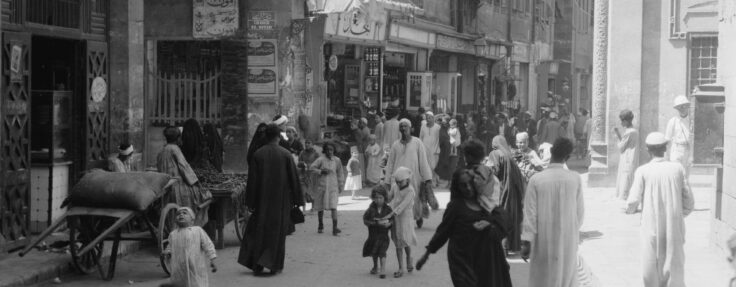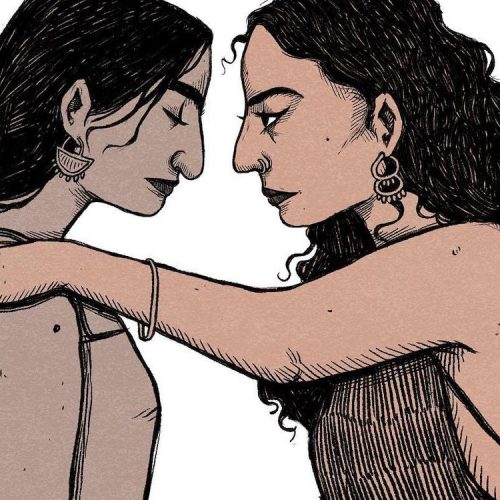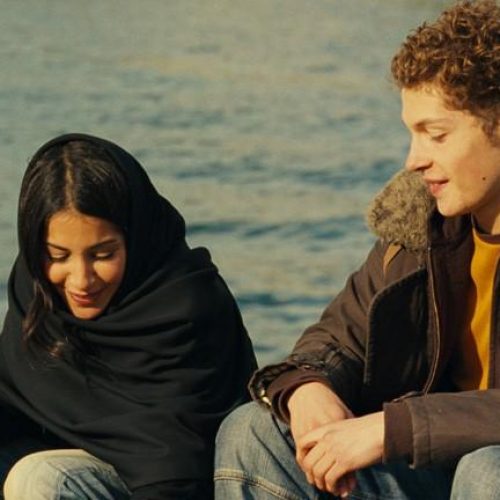For decades, the Arab world has been a target of a slew of misconceptions. Whether it’s a terrorist, an oil-rich billionaire, or women fetishized as belly dancers—chances are, you’ve heard it all.
From North Africa to the GCC, we’re not short of myths floating around about Arabs that are more often than not, baseless at their root. If you really dig deep, you’ll likely trace it all down to the region’s colonial history or the work of Hollywood films.
But at the end of the day, the harm they cause is still immense—and we’re here to dispel it all. These are just a few myths about Arabs that we need to dispel.
Arab women need to be freed from oppression
There’s a global obsession with the idea of the ‘oppressed Arab woman’. Public discourse, particularly when it comes to the subject of feminism, is ripe with the idea that Arab women are oppressed and must be freed. Whilst Arab societies are indeed patriarchal, and often conservative, removing Arab women’s agency from themselves is not fair to us.
Arabs are oil rich
Yes, parts of the region are indeed rich in resources, but not all of it. Western television might have perpetuated the idea that the region is full of oil-rich sheikhs, but we all know that’s not actually the case.
Not every Arab man has four wives
Polygamy is indeed legal in many nations in the region but that doesn’t mean everyone participates in it, it is actually very rare in the region.
Arabs are lazy
Stereotypes tend to be interlinked. With the false idea that Arabs are rich constantly brought up in media, and the remnants of colons’ narratives where Arabs were seen as “unproductive”, we’re also often seen as lazy, which is obviously not the case.
Arab women are forced to wear the hijab
Sure, some women are legally required to in some countries, but that’s not the case everywhere. And no, not every hijabi was forced by her family to wear it either. Again, it is problematic to remove women’s agency from their hands.
All Arabs are Muslim
The region was once home to one the world’s biggest Jewish populations. Christians in Lebanon and Egypt also represent very large Arab communities.
Photo: @middleastarchive









